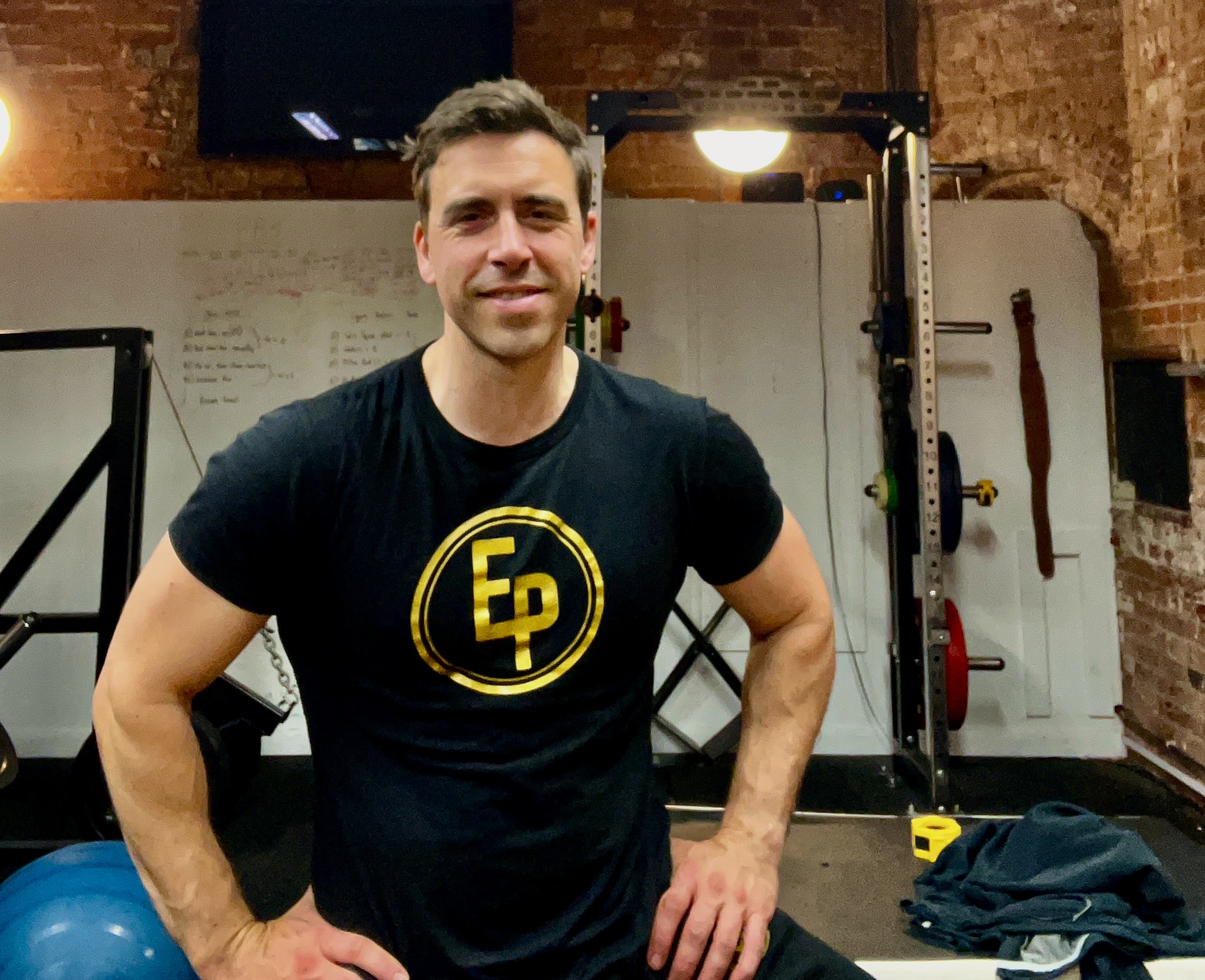How to bounce back from a tough loss
I hate losing. It goes without saying. I’m sure you’re the same. But it is a necessary part of winning.
No one wins all the time. No one. The best performers in every domain have had losses. Even big losses.
You are going to lose.
Losses can compound on themselves quickly. I have a young client who’s a promising tennis player. He struggles with mistakes. A bad point turns into a bad game, which turns into a bad set, and on. I’m sure you recognise the pattern in your own domain.
Often, it is the leaders response to the loss that creates the downward spiral. Great leadership in losing times can lead to a quick turnaround, bouncing back stronger from a loss. But bad leadership can compound negativity from one loss and ruin a season, or career.
In order to explain this, we need to understand the biology of losing. When you realise that the underpinning mechanisms behind the phenomenon are entirely predictable, and robust across people, you can begin to unlock growth from failure.
Classic scenario from sports, to illustrate:
Team has a stinker, they get trounced by an inferior team. Coach enters the locker room / bus home and tirades through every miskate, calls out individuals on poor performances, and levies a bunch of negative, (sometimes even dehumanising) judgements on players and even staff or assistant coaches (rarely themselves). I’ve seen this a great many times. It has never led to a significant turnaround in performance. Ever. Yet still, it repeatedly happens every week at every level from juniors through to pro’s.
Let’s be clear! The reason it never works is because it compounds the negative impacts of the loss at the biological level.
It’s not a matter of opinion. Some pundits / coaches / managers / CEO’s think that anything other than shame in a loss is soft, loser mentality. Some people genuinely believe that anything other moping around after a loss is a sign you’re fine and comfortable with losing. I’ve even heard of a coach forcing players to go straight to training at 5am when they got off the bus home from a long away trip because of a loss, only to punish them with conditioning.
Allow me to explain exactly why this will kill any chance for growth and improvement, and likely make performance suffer for weeks.
The biology of losing:
After a big loss you see a drop in testosterone, and a rise in cortisol (the stress hormone). This is robust across a very wide variety of species. The ratio between these two hormones is called the T:C ratio. This state creates feelings of; inferiority, low confidence, and stress. In animal studies, you can see that this state will act as a teaching stimulus. It will cause those individuals who have lost a battle against one opponent to presume they are going to lose against another opponent automatically. This causes them to show behaviours of deference to future potential opponents. Not exactly the “bounce back stronger” response one might hope for. Essentially, losing makes you feel like a loser and expect to lose next time, fight less, and show less grit and resilience.
Enter coach.
What hormonal impact do you think the yelling, judgemental, personal attack tirade of the angry coach has? You guessed it. It exacerbates this very negative state in both directions. It engrains the primal message that you are unworthy, and increases the likelihood you will lose next time via compromised resilience and grit. And yet, it happens over and over.
So how to undo this downward spiral?
The first step is to lower cortisol. By lowering cortisol you not only directly improve the all important T:C ratio, but you open the door for testosterone to return to baseline. So how do you lower cortisol? By reducing stress, not increasing it.
While in the post-loss state of low testosterone and elevated cortisol, the brain is not in a state conducive to learning and growth. So feedback given in this state may well be wasted effort. Far better to allow brain chemistry to return to a state more primed for this learning and growth. The fastest way to acheive this? Engage in activities that calm the brain and body, foster social connection, and restore feelings of worth. If you can raise oxytocin at the same time, these effects will be more pronounced and robust over the coming week.
Following a tough loss, the leader should make space for acceptance of the outcome, processing genuine feelings that each individual is dealing with, and engagement in activities that restore sence of worth, connection to the group, and calm the nerves. Then, after a day or two, begin the often hard process of looking honestly and bravely at what went wrong, so that improvement can occur.
Over time, performers can get learn to get less stressed by losing. For many, this sounds like a terrible thing. As though complacency and apathy will sneak in and foreshadow future losses. Not so. It will not diminish competitiveness, or drive to win. But it will make bouncing back from a loss easier and faster. It will make improvement after failure easier, and a natural response. It will make leading easier. It will make beginning the next game or project with confidence (as opposed to burdened by the hangover of failure) more likely. That tennis player I mentioned earlier? He learned to take mistakes less personally, to be less bothered by them. This enabled him to focus on the next point with a purity and presence you can only have when unburdened by mistakes since gone. His performance improved, and his coach noticed how much more coachable he was in competitions.
I’m genuinely curious to hear peoples reactions to this piece. Feel free to comment.


October 15, 2025 12:28 pm /
All comments will be read personally by myself, coach Edwards. ; )